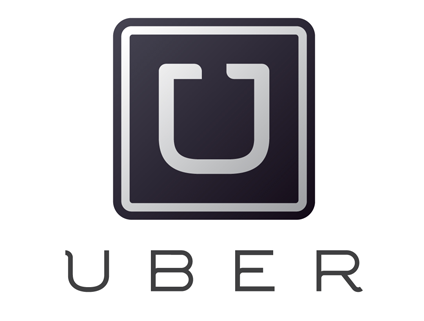Ride-share companies lobbying for legitimacy
Published 10:14 am Friday, March 20, 2015
AUSTIN – Instead of battling city officials bent on regulation, the ride-sharing service Uber has decided to work with the Legislature to negotiate rules more favorable toward its independent drivers.
If enacted, the rules will guarantee that travelers who fly into Texas, or revelers who’ve had one too many and need a ride home, can count on consistent service instead of drivers navigating a crazy quilt of local regulation.
Uber, Lyft and similar ride-shares have grown into multimillion-dollar businesses by leveraging smartphone technology to connect passengers and drivers, many of whom work part-time and don’t have commercial licenses. Uber now operates in more than a dozen Texas cities.
Yet, despite offering work to drivers and competitive fares for passengers, the services have run afoul of governments around the globe. Germany banned Uber earlier this week, and Paris police raided offices there.
The newcomers largely skirt rules for taxicabs and livery companies that deal with things like insurance and minimum fleet numbers.
In Texas, Uber is taking a well-trodden path for its 21st century business and hiring lobbyists to educate lawmakers.
An Uber spokeswoman declined to discuss how many lobbyists are now at work on the company’s behalf, but state ethics records for 2014 list a dozen in Austin, and the company is clearly conversant in a proposal by Rep. Chris Paddie, R-Marshall.
“As Uber’s presence in Texas grows, so does the patchwork of regulations imposed on drivers,” said Debbee Hancock, a company spokeswoman. “Rep. Paddie has introduced a solution to ensure Texans have access to a safe, reliable ride as they move from the Panhandle to the Gulf Coast and everywhere in between.
Paddie’s proposal includes 11 pages of details including those that mandate criminal background checks for drivers, insurance minimums and an annual $5,000 annual fee for companies operating in Texas.
The alternative, city-by-city approach has proven difficult. Uber threatened to pull out of San Antonio last year over differences with the city council. And Austin last spring cracked down, citing Uber and Lyft drivers for operating without city permits and for not being part of taxi franchises.
Though Paddie belongs to the Transportation Committee, where his bill was assigned this week, there’s no assurance it will become law.
Still, if Uber’s lobbyists don’t hit a home run there, a small-ball bill in the Senate could help smooth the road.
The board of Dallas-Forth Worth International Airport, the world’s third busiest, licenses taxicabs. Sen. Kelly Hancock, R-North Richland Hills, is backing a change in the law that replaces “taxicabs” with “vehicles for hire” to also cover other paid services such as Uber and Lyft.
But Uber, which declines to give its Texas passenger numbers or ridership figures, clearly hopes for a bigger result.
“With the highest drunk-driving death rate in the nation and sprawling highways,” said Hancock, the company’s spokeswoman, “it’s not surprising that Texans across the state have embraced ride sharing.”




